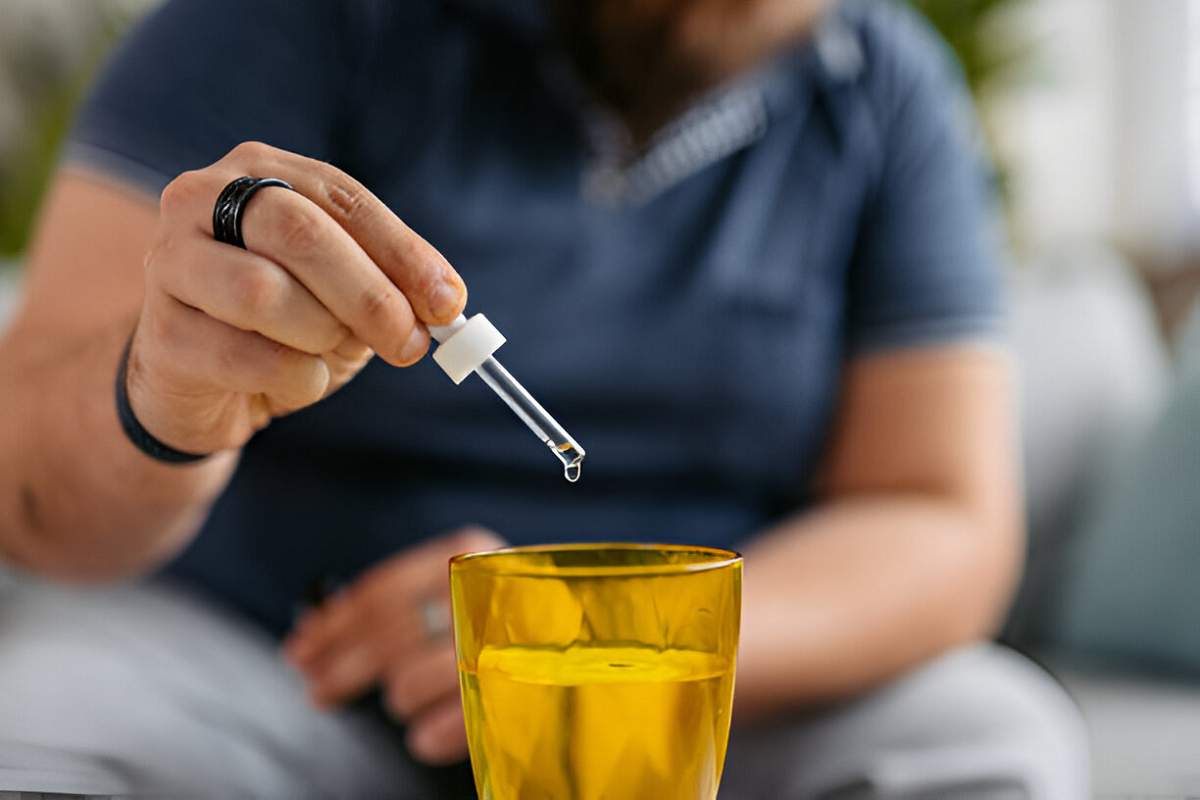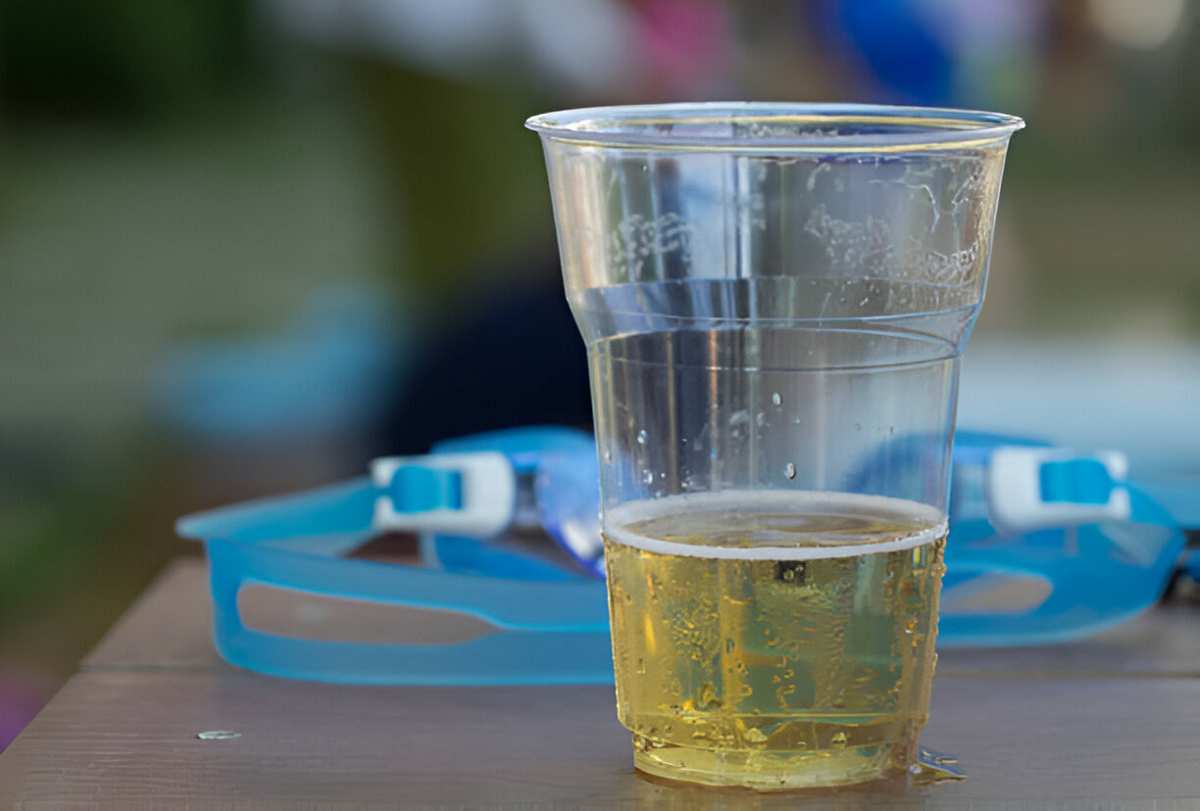Celsius Energy Drinks have gained popularity among fitness enthusiasts for their refreshing taste and energy-boosting properties, often marketed as a healthier alternative to traditional energy drinks. However, concerns about their ingredients, particularly the presence of stimulants like caffeine and guarana, have led to discussions regarding their implications in drug testing. While Celsius drinks do not contain banned substances typically tested for in standard drug screenings, athletes should exercise caution. The consumption of Celsius may lead to elevated levels of caffeine in the system, which could potentially exceed permissible limits in competitive sports governed by organizations like the World Anti-Doping Agency (WADA). Therefore, individuals should be aware of their total caffeine intake and consult relevant guidelines before consuming Celsius, especially in the context of professional athletics.
Understanding the Ingredients in Celsius Energy Drinks
Celsius energy drinks have gained popularity for their unique blend of ingredients designed to boost energy levels and enhance athletic performance. At the core of these beverages are several key components, including caffeine, taurine, and a variety of vitamins.
Caffeine, derived from natural sources such as green tea extract, is one of the primary stimulants found in Celsius. It not only increases alertness but also improves physical performance. Taurine, an amino acid, helps to regulate calcium levels in the cells, which is essential for muscle contractions and overall neurological function.
Additionally, Celsius drinks contain vitamins such as B6 and B12, which play critical roles in energy metabolism. The inclusion of such ingredients can help consumers feel more energized, but understanding these components is essential, especially concerning their potential effects on drug testing.
Beyond these core ingredients, Celsius energy drinks also incorporate other beneficial compounds such as guarana and ginseng. Guarana, a plant native to the Amazon, contains a higher concentration of caffeine than coffee beans, providing an extra boost of energy and enhancing mental clarity. Ginseng, known for its adaptogenic properties, may help reduce fatigue and improve endurance, making it a popular choice among athletes and fitness enthusiasts alike. The combination of these ingredients creates a synergistic effect that not only fuels physical activity but also supports mental focus during demanding tasks.
Moreover, Celsius energy drinks are often marketed as being free from artificial preservatives and sweeteners, appealing to health-conscious consumers. Instead, they utilize natural flavors and sweeteners derived from sources like stevia and erythritol, which help to maintain a low-calorie count without sacrificing taste. This commitment to using clean ingredients aligns with the growing trend of consumers seeking healthier alternatives in their diets, making Celsius a preferred choice for those looking to stay energized without the guilt associated with traditional energy drinks laden with sugar and artificial additives.
How Celsius Energy Drinks Affect Drug Test Results
The consumption of Celsius energy drinks before a drug test raises questions concerning their potential impact on test results. While mainstream energy ingredients are generally not classified as illicit drugs, their presence in the body could affect the test’s interpretation.
Caffeine, for instance, is a legal substance, but in excessive amounts, it may lead to positive results in tests designed for other stimulants. Furthermore, other ingredients may interact with medications, potentially complicating the results of a urinalysis.
Studies have shown that certain energy drink components can remain in the body for hours, contributing to a heightened presence of substances that some drug tests might register. Therefore, individuals consuming Celsius should be aware of the timing relative to any upcoming drug assessments.
Common Misconceptions About Energy Drinks and Drug Testing
Many people hold misconceptions about energy drinks and their effect on drug testing results. One of the most widespread beliefs is that all energy drinks can lead to false positives on drug tests. While it is true that some components in energy drinks may affect results, this does not apply universally.
Another common myth is that as long as a person does not consume illegal drugs, they should not worry about the effects of energy drinks. In reality, various legal substances, including those found in Celsius, can impair the body’s metabolism in a way that can indirectly affect drug tests.
Moreover, the idea that energy drinks can mask the presence of drugs is also misleading. While they may enhance metabolism, they do not actively conceal drug metabolites from detection.
The Science Behind Energy Drinks and Drug Metabolism
Understanding how energy drinks like Celsius affect drug metabolism requires a basic insight into pharmacokinetics—the study of how drugs move through the body. When consumed, energy drink ingredients are absorbed in the digestive tract, entering the bloodstream where they can influence metabolic processes.
Caffeine, for instance, is metabolized in the liver and can enhance the metabolic rate, leading to quicker processing of food and stimulants in the body. This increase in metabolism can affect how substances are broken down and any remaining metabolites are detected during drug testing.
Additionally, taurine might play a role in detoxifying the liver, thus potentially impacting how quickly drugs are eliminated from the system. Overall, the specific interaction of energy drink components with drug metabolism is complex, and the individual response can vary considerably.
Legal Implications of Consuming Celsius Before a Drug Test
From a legal perspective, consuming Celsius energy drinks before a drug test does not inherently put an individual at risk. However, it is vital to consider the broader implications, particularly in employment settings where drug testing is prevalent.
If a test result returns positive due to the consumption of legal substances, the individual may face disciplinary actions despite not engaging in illegal activities. In regulated industries, even medically approved substances can cause complications during follow-up assessments.
It’s advisable for individuals to be upfront about their dietary habits if they consume energy drinks regularly, particularly in a workplace where drug testing is routine. Transparency can often mitigate the legal repercussions of accidental positive results stemming from legal substances.
Personal Accounts: Experiences with Celsius and Drug Tests
Many consumers have shared their experiences with Celsius energy drinks in relation to drug testing. Some report heightened anxiety leading up to tests, worrying that even a legal energy drink would interfere with test results.
One individual recounted how they regularly consumed Celsius leading up to a routine drug test at work. They were nervous but ultimately received a negative result. This experience reinforced their belief that as long as they remained within moderate consumption guidelines, there should be no issue.
Conversely, another person noted that they had a false positive on a drug test after consuming Celsius daily. Although it was later cleared through a secondary testing method, the anxiety and disruption it caused were significant.
Expert Opinions: Do Energy Drinks Impact Drug Test Accuracy?
Experts in pharmacology and toxicology have differing opinions on the impact of energy drinks like Celsius on drug test accuracy. Many agree that while caffeine and other ingredients could technically influence metabolic rates, they are unlikely to affect controlled substances in a manner that would lead to consistently altered drug test outcomes.
However, some experts caution that individual variances in metabolism and health factors should be considered. For instance, individuals with preexisting kidney or liver issues could react differently to energy drink consumption due to their impaired detoxification processes.
Ultimately, while the consensus leans toward minimal impact, the diversity of human biology means that precautions and considerations vary from person to person.
Alternatives to Celsius: Safer Energy Drink Options
For those wary of potential drug test complications, there are several safer alternatives to Celsius energy drinks. These options often contain less caffeine or incorporate natural ingredients that are less likely to interfere with drug testing.
- Herbal teas with natural energizing properties, such as green tea or yerba mate.
- Coconut water, which is hydrating and provides electrolytes without the stimulants.
- Homemade smoothies using fruits and spinach for a natural energy boost.
These alternatives can provide energy without the added concerns that come with commercial energy drinks, ensuring that consumers can stay alert while minimizing risks related to drug testing.
Preparing for a Drug Test: What to Avoid
Preparation for a drug test should include careful consideration of what is being consumed in the days leading up to the assessment. To avoid complications, it is advisable to refrain from known stimulants and dietary supplements that might skew results.
- Avoid excessive caffeine intake, including from energy drinks.
- Steer clear of muscle-building supplements, which might introduce unknown compounds.
- Limit alcohol consumption, as it can affect liver function and drug metabolism.
Additionally, hydration plays a crucial role in drug testing preparation. Drinking plenty of water helps to flush out metabolites naturally, allowing the body to maintain a healthy balance without the influence of stimulants or additives.
Conclusion: Navigating Energy Drink Consumption and Drug Testing
In conclusion, while Celsius energy drinks can provide a permissible energy boost, consumers should remain mindful of potential implications when it comes to drug testing. Understanding the ingredients, their effects, and how they interact with drug metabolism is crucial for making informed choices.
Misconceptions can lead to unnecessary anxiety, but informed consumers can effectively navigate their choices. By considering safer alternatives and preparing adequately for drug tests, individuals can enjoy the benefits of energy drinks while minimizing legal and health risks.
Ultimately, moderate consumption combined with awareness of one’s body and its reactions can facilitate a more positive experience when facing drug testing protocols.








